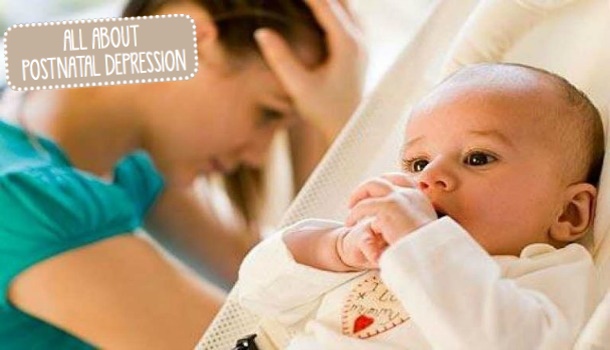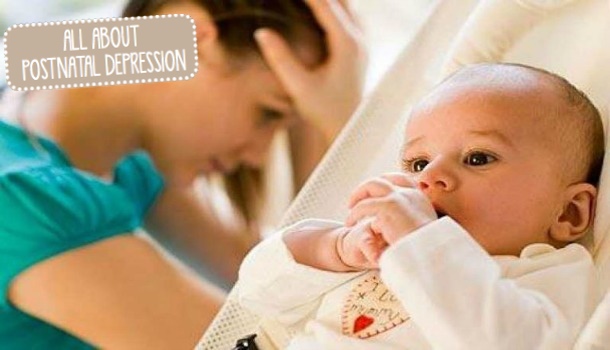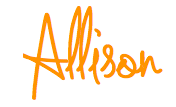
A pregnant lady dreams of having a happy, healthy baby and becoming a mother who bonds easily with her baby. Despite the anticipated sleep deprivation and meltdowns, she looks forward to profound moments of joy with her baby.
Baby blues
She gives birth, and that fine line between pregnancy and motherhood disappears: she enters a role that changes her forever. With this change, she probably experiences the “baby blues” — a condition that more than half of women experience. She may feel sad, anxious, overwhelmed, find herself crying sometimes, questioning whether she is a good mother, and not be able to sleep or eat well. After a few days or weeks, though, these symptoms typically subside. The mother, albeit tired, feels like the baby blues’ veil has lifted.
Postnatal depression
But, what if that veil does not lift? What if she finds herself feeling depressed for a few weeks or months afterward? About 10-20% of women develop postnatal depression, and although it can show up soon after delivery, it may also appear any time during the first year. And, while postnatal depression is most common in women, men may also develop it.
Here are some common symptoms of postnatal depression, but please note: postnatal depression is not one-size-fits-all, and this list is not exhaustive; if you suspect postnatal depression, then please talk to a healthcare professional.
1. Loss or increase in appetite
2. Insomnia or wanting to sleep all the time
3. Overwhelming fatigue and irritability
4. Lack of joy
5. Feeling guilty or shameful and often alone
6. Trouble bonding with the baby
7. Withdrawing from friends and family
8. Loss of interest in sex
9. Desire to harm one’s self and/or the baby
10. Difficult concentrating and memory loss
Parents often wonder what causes postnatal depression in the first place. Even though it can manifest in a parent with no history of depression, the likelihood of developing it increases with a history of personal and/or family depression, depression during pregnancy, having a complicated pregnancy and/or delivery, having little or no support from one’s partner, financial or other stress, and having a sick and/or colicky baby. The fluctuation in hormones after giving birth is also thought to contribute to postnatal depression.
What to do if postnatal depression is suspected
First, know you are not alone, and it is treatable. To be treated, you need to be screened by a professional. Oftentimes, a combination of medication and talk therapy is suggested albeit treatment must be tailored to an individual’s needs.
Annerley are launching our postnatal depression group, starting this August. In it, women will explore their emotions in a secure, confidential space with other mothers. There will also be a practical component to this group including tools to promote healing.
While postnatal depression is a condition no mother wishes for herself, help is available, and growth is possible.
Allison Heiliczer is a psychotherapist from New York City. She moved to HK with her husband three years ago. Allison’s extensive work and travels throughout the world have cultivated a deep appreciation for the common threads binding women in pregnancy and motherhood. Since her own recent pregnancy and natural birth, aided by the wonderful women at Annerley, she became passionate about counselling and empowering women throughout pregnancy and beyond. She is focused on helping women clarify their feelings, thoughts, and goals before getting pregnant, during pregnancy, and after giving birth. In counseling clients, Allison helps co-create ideas that inspire women to have the confidence to achieve their goals. Allison holds a bachelor’s in nutrition and master’s in cultural studies and management from NYU, a master’s in counseling psychology from Monash University, and is working towards a doctorate in clinical psychology.
 View All
View All











 View All
View All





 View All
View All


 View All
View All















